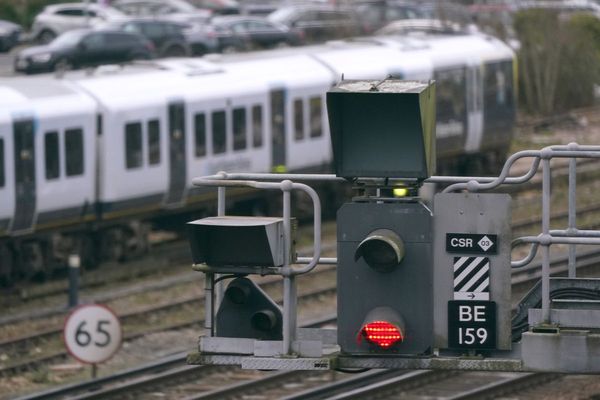
It is six weeks since the Taliban closed the door on girls’ education across Afghanistan and Zeina’s last vestiges of hope for her future died.
A very different kind of life now lies ahead for the 20-year-old, a life of domestic drudgery, boredom and seclusion that she has no power to change.
Since the Taliban took control in August 2021, Zeina had managed to convince her frightened family to let her stay at school. She held on to the belief that she would somehow find a way to finish her education and achieve her dream of getting a master’s in medicine. This dream has now ended.
“When the schools were closed [by the Taliban], my father told me that he can’t bear the poverty any more,” she says. “He had to marry me off to someone. If the schools were not closed, this would not have happened. I wanted to finish my studies and be able to make something of my life for myself and my family, but all of these dreams have come to nothing.”
Zeina’s entire life has been defined by war and violence. Born in Badghis province, three years ago her family were displaced to Herat to escape increasing violence and fighting between the Taliban and the forces of the former Afghan government.
Life as refugees has been difficult for Zeina’s family. Already, Zeina had faced pressure from her father to marry because of the debt and poverty they were facing. Now, just weeks after the closure of all secondary schools and universities for girls, Zeina’s marriage has already been arranged.
Her father has spent most of her 200,000 afghani (£1,840) dowry, using 150,000 to pay off his debts.
Now, as she prepares for her wedding day, Zeina is struggling with depression and anxiety. But there is no way out for her.
“I’m stuck in a vortex of fate,” she says. “There is no escape.”
Since the education ban, reports of schoolgirls and university students across the country being forced into marriage have increased.
In December 2021, a decree by the Taliban’s supreme leader, Mullah Haibatullah Akhundzada, outlawed forced marriage and required women’s consent to matrimony.
Yet a prosecutor for the former Afghan government, who did not want to be named for security reasons, says this is not being enforced and the number of forced marriages has risen markedly since the Taliban attacked girls’ right to education.
“We are witnessing forced marriages in the provinces and Kabul. The very dire economic situation across the country causes more girls to get married off by their families,” she says. “During the previous government, when girls were attending schools and universities, the rate of forced marriages had decreased. Now they are rising again.”
Mozhgan Ahmadi*, 18, was a seventh-grade student in the Shaidayee district of Herat before the Taliban took over. After the schools closed, her father accepted an offer of 700,000 afghani (£6,420) for his daughter’s marriage to a local man working as a well-digger.
Mozhgan says that, at first, she hoped her future husband would support her wish to finish school if the Taliban ever eased restrictions, but he refused.
“I have begged my family so much that they allowed me to go to school, but according to my fiance, a girl should not study at all,” she says. “She should always be at home and take care of her family and children.”
Last year, an Amnesty International report, Death in Slow Motion: Women and Girls Under Taliban Rule, also found that rates of child, early and forced marriage in Afghanistan appear to have surged under Taliban rule as the militant group methodically dismantled the rights and economic autonomy of women across the country.
* Name has been changed







